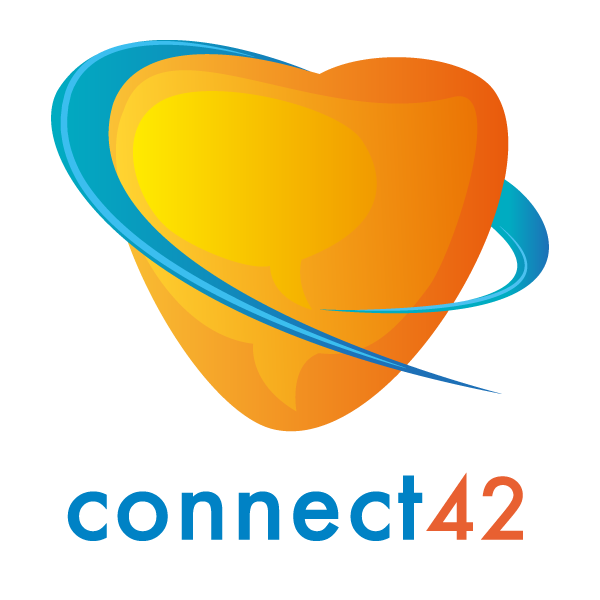Literacy the heart of life
If you are a fully competent reader, writer, listener and speaker, you may have never considered how this skill is essential to the most basic functions of living a rich and full life. I certainly hadn’t thought or truly understood the impacts of low or disordered literacy until I joined the board of Connect42 (formerly Chatter Matters), a Tasmanian organisation which has the mission and vision of 100% literacy locally and nationally.
As I understood the complexity of our brains and language acquisition, it was with some shock that the impacts of an existence without functional literacy fully sank in, along with the awareness of the invisible privilege that comes with a literate life. Every part of our lives asks us to be able to comprehend and communicate, from small things like reading labels at the supermarket, to filling in forms, or writing a birthday card or an email, or more complex and critical situations like understanding and agreeing to legal documents or understanding sentencing options when facing court.
Literacy is often shorthanded to mean writing and reading, but reading and writing themselves draw on a much larger spectrum of communication including language and emotional expression and competency. Unsurprisingly much of the building blocks to literacy are built between ages 0-3, and reinforced to age 7 when our infant brains are like sponges for learning and building new neural pathways. I was very fortunate to have parents who were both literate and loved books, so reading and a creative exposure to the spectrum of learning was part of my life from as early as I can remember.
This was a complete lucky dip of my birth and given in Tasmania we are still sitting at a functional adult illiteracy level of around 48%, nearly half the Tasmanian population will struggle to help their own children learn. Add to this statistic the stealthy and prevalent Developmental Language Disorder (DLD) which effects two children in every classroom and tends to run in families, that means in Tasmania alone there are 35000 people living with DLD.
DLD is known as the hidden disability because it is so often missed or misdiagnosed, and is characterised by an inability to acquire language. As humans, we are hardwired to connect and communicate – we are also skilled at adapting and hiding learning issues to help fit in, even at an early age. The net effects of this may mean that surface level behaviours, such as disengagement or disruption in class or home receive the most attention, while the underlying cause of the behaviour (which may be DLD) is often overlooked.
More significantly, the impacts of DLD are lifelong. Left unaddressed, these impacts can have a profound effect on a person’s life, potentially leading to early school leaving, difficulty participating in the workforce, unemployment and/or engagement with the juvenile and adult justice system. One of the programs run by Connect42 are emotional and functional literacy programs in our State prisons and for those returning to community from the justice system. There is strong research over decades that links criminal behaviours, low literacy, low language skills, and low emotional vocabulary. If a person can’t articulate how they feel, then there is a high change they will act it out.
Why have the Tasmanian functional illiteracy statistics sat around nearly 50% for so many years? The answer is in the intergenerational nature of language acquisition and the interventions required for diagnosis and language learning support. 100% literacy is possible in Tasmania in a less than a generation, so what needs to change? Significantly more targeted funding is the answer, but what a return on investment it would be. We can begin to make significant change by getting more speech pathologists in schools to support teachers in classrooms to work with kids with DLD and other literacy issues.
We can get informed to understand more about literacy and language acquisition so the statistics can begin turn. This year, the national DLD day to raise awareness is Friday 16 October 2020. If this disorder or low level literacy doesn’t impact you directly, you will undoubtedly be impacted indirectly. Achieving 100% literacy is everyone’s problem, not just the 48%. There is an urgency to seriously address literacy as young as possible, to ensure better life outcomes for children, their families and our whole community.
Dr Polly McGee is an author, trauma informed leadership facilitator, and All-Purpose-Human-Being. They are a Deputy Chair of Connect42 and here writes in support of Educator-SLP collaborative practice for Connect42’s Colleagues @ The Heart of Literacy initiative. This article was first published in The Derwent Valley Gazette, October 2020.

